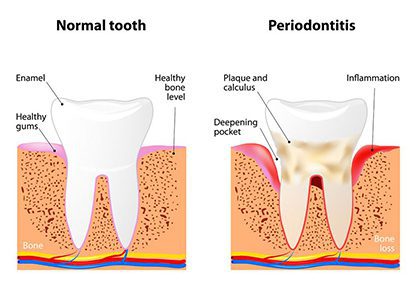It’s not unusual for parents to worry about figuring out the proper time to take their child to the dentist for the first time. On the one hand you may worry that a visit to the dentist can be a scary experience if your child is too young, but on the other hand, you may worry that your child can suffer some oral health issues if they wait too long to see the dentist. Fortunately, there is an easy solution to address both these concerns–take them when the time is right and trust in the dentist to make it a good experience. The only real question then is when is the right time?
A First Visit
A child’s first visit to the dentist should occur shortly after their first tooth erupts into their mouth, which is usually between the ages of one and two. This first visit will give the dentist an opportunity to take a peek into your child’s mouth if they are comfortable with this, but more importantly it will familiarize your child with the dentist’s office–allowing them to explore the office space and dental instruments under supervision so that they can discover that it is not at all a scary place. This will help them to build trust with the dentist and other staff, and learn about instruments in a fun and interesting way (like a “tooth counter” instead of a probe, a “tooth pillow” instead of gauze and so on).
On your child’s first visit, the dentist will take the time to get to know your child and establish a friendship before asking your child whether they can look at or count their teeth. If your child says no, the dentist will not force them, as they know better than anyone the devastating effects this can have on your child’s future relationships with dentists and dentist offices. They may continue to talk with your child and ask again later, but will not press the issue if your child is clearly uncomfortable. On the other hand, if your child says yes, the dentist will take the opportunity to quickly examine your child’s teeth, looking for decay. They will also check for abnormalities or issues in your child’s gums, jaw and bite, as well as any other oral issues that could potentially affect their teeth or speech patterns. As a result of this initial, gentle examination, the dentist will be able to advise you on how to properly protect your child’s oral health and answer any questions you may have.
After your child’s initial visit to the dentist they should have a return visit every six months. Of course, if they experience an oral health issue like a lisp, teeth grinding, mouth breathing, or pain in the teeth or gums they should come in to see the dentist sooner. The dentist will use the first visit as a springboard from which to gradually increase your child’s dental experience in a way that is comfortable for them. As an example, the second dental visit may include another round of “tooth counting” and if your child is ready for it, a tooth polishing. The dentist’s goal will be to gradiently render more and more dental care at each visit while continuing to ensure that the entire dental experience is pleasant and comfortable for your child, so that by the time they have reached three years of age they are having full, normal dental appointment. X-rays are not normally taken until the child is five years old and able to handle this experience comfortably, unless there is a pressing reason to have them taken earlier.
Establishing Dental Care
With a gentle introduction to dentistry over the first few years of your child’s life, they will be able to receive the important dental care they need in a way that they are comfortable with. This will help to set the stage for a deep understanding of and comfort with dental care, which can lead to good oral health.




